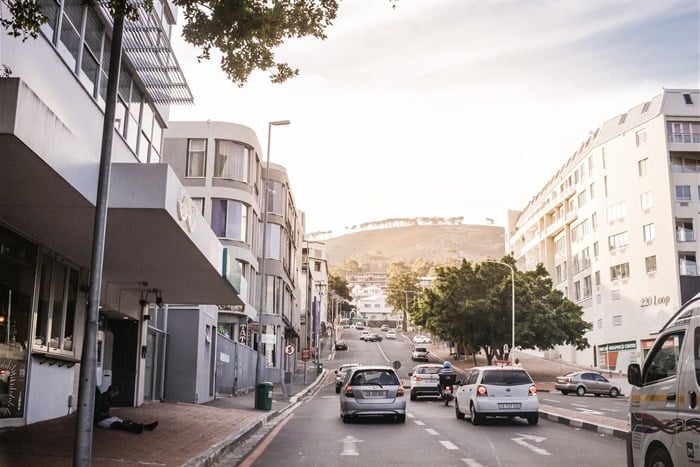During the Easter weekend, there is usually a rise in the number of vehicles on the road, as individuals take trips for leisure or to visit loved ones. Additionally, this holiday is a time of festivity, often accompanied by greater alcohol intake, leading to more instances of drunk driving.
This leads to hundreds of deaths on our roads every year, a tragedy that can be mitigated by reducing drunk-driving. The only way to achieve this is through significant government intervention, highly visible and extensive policing, the use of breathalysers to identify drunk drivers, and penalties and consequences strong enough to act as a real deterrent.
More traffic, more accidents
While there has always been more traffic on the roads during Easter, this year it is expected to be higher than ever, as people are taking advantage of the freedom to travel following the lockdowns of the past few years. In addition, dramatic hikes in airfares are making road travel a more attractive option, especially for families. This, combined with exchange rates that make international travel increasingly unaffordable, means that local tourism destinations are seeing more visitors, once again increasing traffic on the roads.
Increased traffic always leads to an increased likelihood of accidents, especially over longer journeys, where fatigue can cause decreased alertness and slower reaction times. In addition, long-haul truck driver traffic increases over this period, and often these vehicles are not roadworthy. Combining this with the very South African culture of alcohol in relation to celebrations vastly increases both accidents and fatalities, so addressing drinking and driving is of the utmost importance.
Policing from the top
Reducing the number of road deaths over the Easter weekend requires intervention from the highest level – the Government is the only one with the power to effectively reduce drunk driving, by actively enforcing the laws, with highly visible policing on the roads at all times.
The consequences of drunk driving, specifically, the fact that you can be arrested and end up with a criminal record that can negatively affect your entire future, need to be made extremely clear, and these need to be enforced. Police need to be out in full force, performing roadblocks, breathalysing drivers and checking licenses and vehicle roadworthiness to reduce road deaths, injuries and accidents.
In it for the long term
Roadblocks and law enforcement are the only way to affect short-term actions, however, it is also important to address long-term behavioural change. Campaigns like Arrive Alive have unfortunately become outdated, with the same ineffectual messages being repeated, which are clearly failing to achieve reductions in road accidents. There needs to be a shift in focus, teaching people how to drink responsibly rather than simply telling them to do so, and contextualising the damage to your own future that having a criminal record can lead to.
This also needs to be combined with a more proactive approach to education around the drunk-driving limit. Campaigns need to help people to understand how many drinks will put them over the limit, how many units of alcohol they can safely drink, and how many units of alcohol there are in specific beverages. Alcohol labels should contain more information in this regard, in line with international standards.
Police need a better understanding of how alcohol and alcohol limits work, and they need to be properly trained on breathalyser equipment. Drivers found to be over the limit need to be prosecuted effectively. Importantly, education campaigns need to start before people are able to drink and drive so that the right behaviours can be encouraged before it is too late.
Problems don’t go away on their own
As a short-term solution to effectively combat the carnage on South Africa’s roads over the Easter weekend, the only answer is to increase visible policing. This will not only reduce drunk driving but also incidents of un-roadworthy trucks and other vehicles on the road, which are hazardous and increase the number of accidents. This, combined with effective breathalysers and appropriate training, will help to mitigate the effects of drinking and driving on the roads.





































